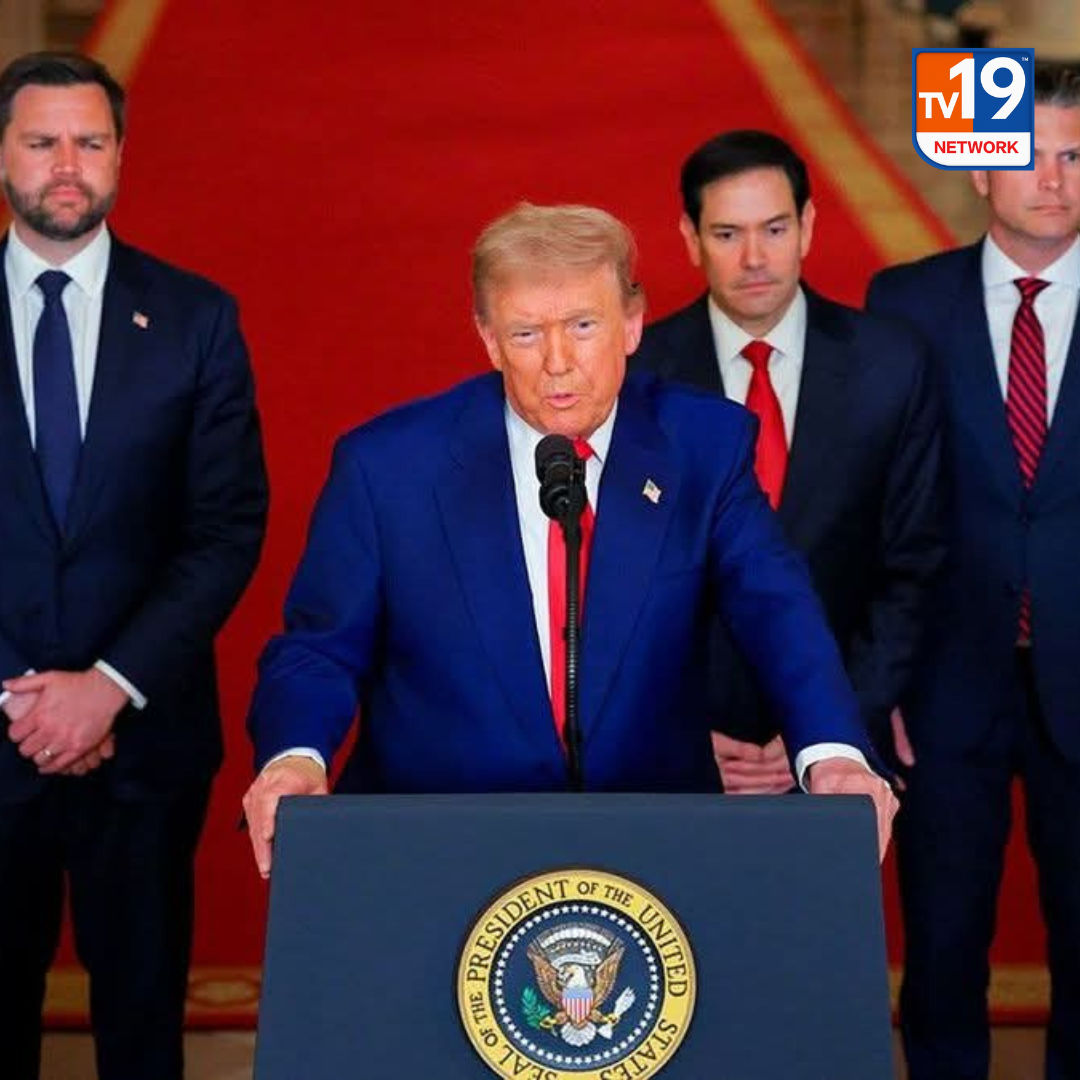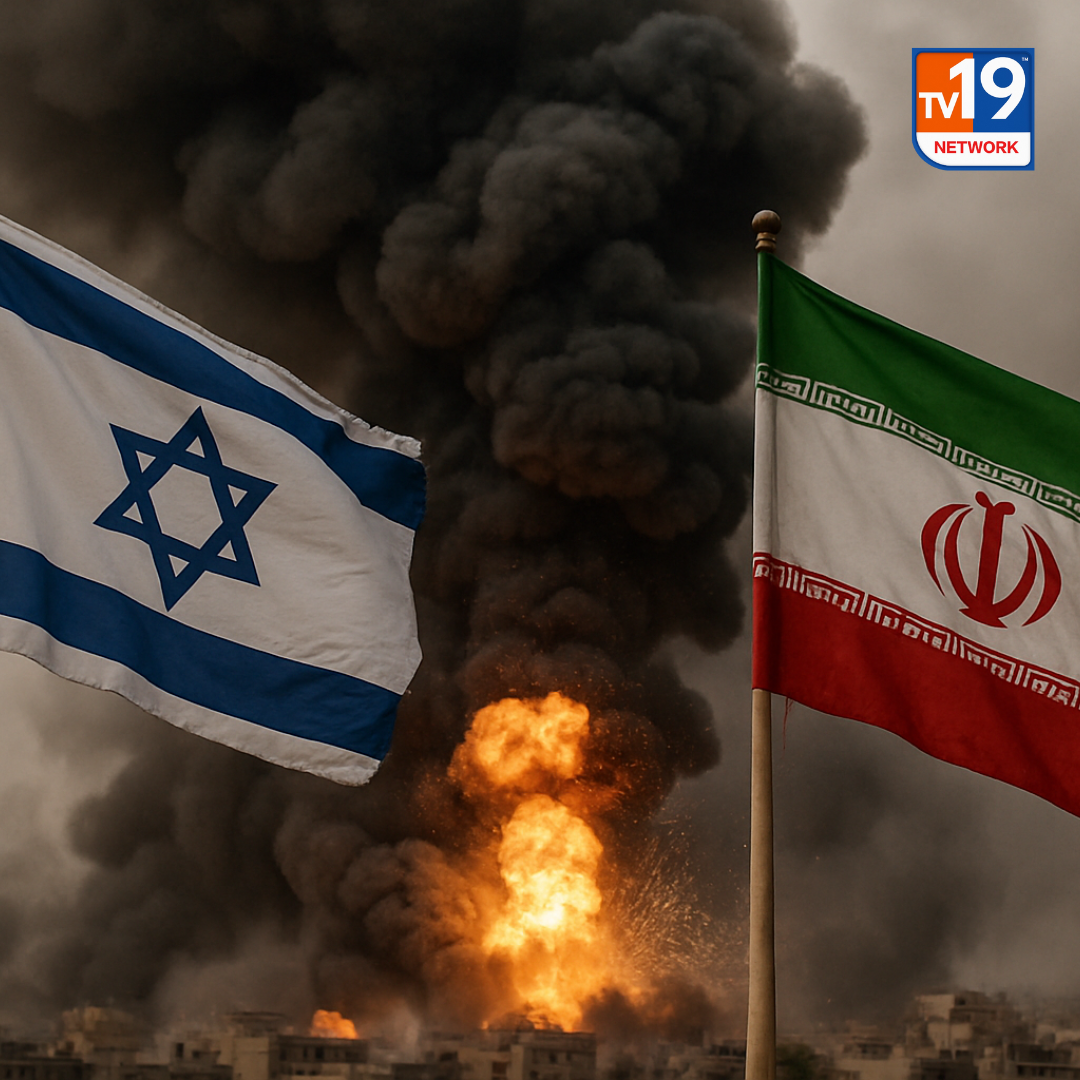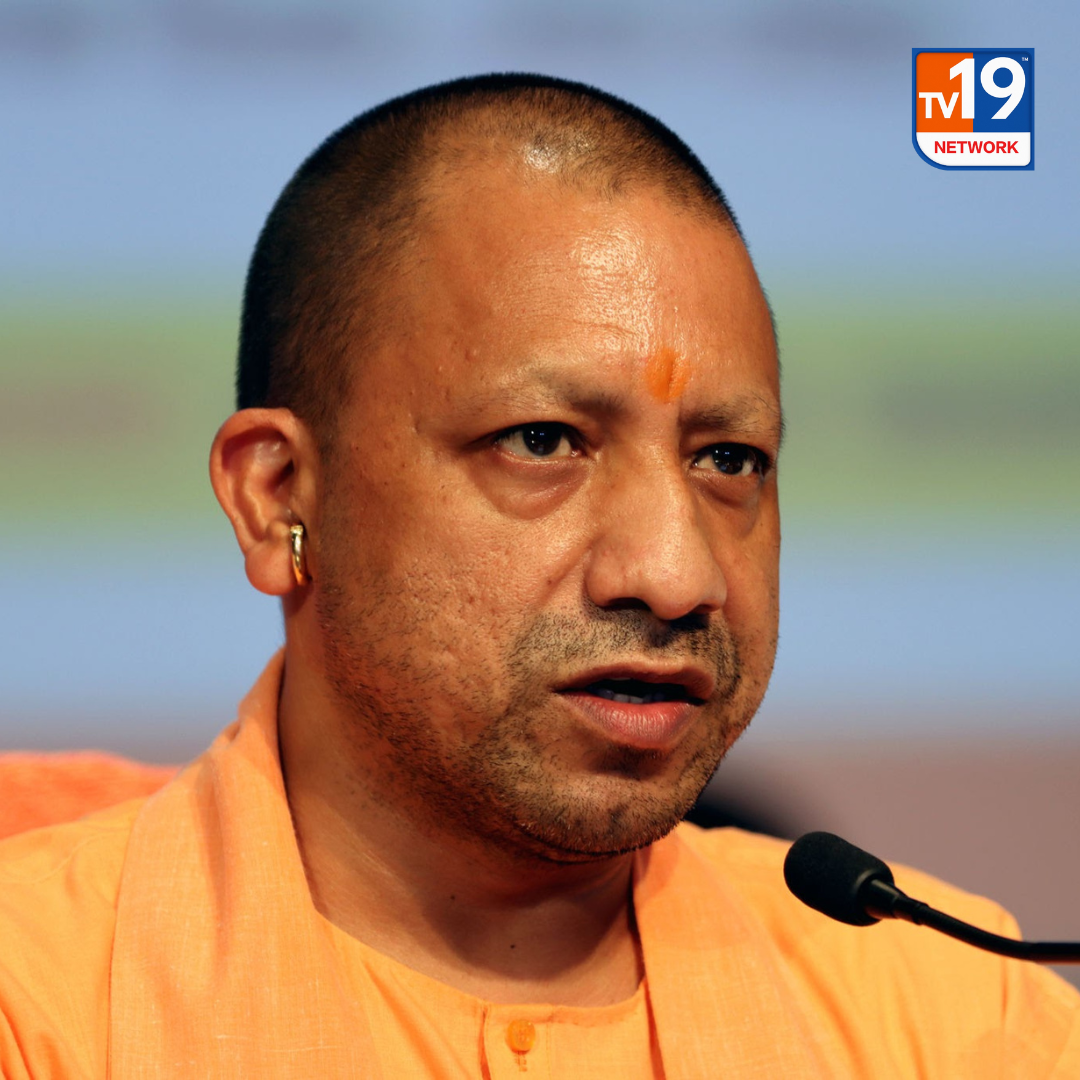Did Trump Just Hand Billionaires a Free Pass on Foreign Bribery?
Washington D.C. - In a shocking move, former U.S. President Donald Trump has halted the enforcement of the Foreign Corrupt Practices Act (FCPA), a law that has long been the backbone of America’s anti-corruption efforts abroad. The decision has sparked global controversy, with critics arguing that it opens the floodgates for unchecked bribery in international business.
The timing of this decision raises eyebrows, particularly in light of the recent U.S. charges against Indian business tycoon Gautam Adani. Accused of orchestrating a $265 million bribery scheme to secure lucrative contracts, Adani now finds himself in legal limbo. With the FCPA essentially on pause, will Adani and others in similar predicaments escape accountability?
Trump’s rationale is clear—he sees the FCPA as a hurdle that puts American businesses at a disadvantage. But at what cost? By pausing its enforcement, the U.S. risks signaling to global corporations that corruption is no longer a dealbreaker. For companies operating in high-risk regions, this could set a dangerous precedent.
While Trump’s allies hail this as a pro-business move, watchdogs argue that it’s a gift to the ultra-rich and corrupt. As the dust settles, the world watches—will justice bend to power, or will global accountability prevail?





